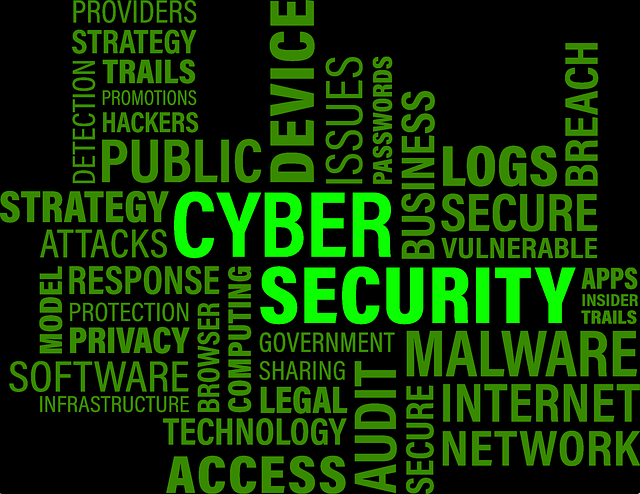Cybersecurity is a growing problem for organizations of all kinds. For example, 64% of companies have experienced cyber (web-based) attacks, 62% have experienced phishing & social engineering attacks and 59% have experienced malicious code and botnets, according to Cybint. These attacks don’t just happen to big companies — 43 percent of cyber attacks are targeted at small businesses.
Why Do Cyber Attacks Happen?
Cyber attacks happen for a variety of reasons. Many times, company leaders underestimate the importance of creating a data-secure company culture. Instead of being proactive about cybersecurity, they assume their employees and job candidates understand the basics of how to keep sensitive data safe. This can make company information vulnerable to a data breach.
A contributor to Chief Executive stated that almost 90 percent of cyber attacks are caused by human error. This indicates that the vast majority of online attacks can potentially be prevented by creating a set of best practices for cybersecurity and ensuring employees understand and abide by them.
“Global ransomware damage costs are predicted to exceed $5 billion in 2017. That’s up from $325 million in 2015 — a 15x increase in two years.” — CSO
2 Tips for Creating a Data-Secure Workplace
Any company will benefit from increased cybersecurity. Here are three ways you can help promote a workplace that doesn’t become a victim to cyber attacks:
1. Hire people who value information security — When hiring, look for candidates who understand the importance of data security and practice good cybersecurity habits.
“Hiring managers need to take the potential for human error into account in their screening and hiring decisions. Strong work ethic and relevant job experience are valuable assets of a potential employee, but in the digital age, how an employee handles sensitive information may be just as important. Whether an employee has had a security clearance in the past could be useful gauge, for example,” wrote a contributor to Recruiter.com.
Taking a look at a candidate’s Facebook page can reveal a lot about the level of importance he or she places on data security. If inappropriate things are being posted, that could be a sign that the individual doesn’t value privacy, and it bears asking further questions.
2. Teach employees the basics of cybersecurity — Not all employees and job seekers understand the basics of cybersecurity, such as how to create a strong, secure password (or why it is important). “Companies must cultivate cultures that prioritize (data) security,” stated Understanding Human Error: Why Data Security Is Critical in Hiring. This includes training employees on their roles in keeping data safe, down to the basics.” A few of ‘the basics’ include:
- Understanding what phishing emails look like and that they should be avoided.
- Never connecting to an unsecured WiFi network.
- Disabling auto-fill in a browser.
- Creating unique, secure passwords.
If your employees don’t practice good cybersecurity habits, your company could be at risk of a cyber attack. Protect sensitive data by hiring individuals who value data safety and teaching workers cybersecurity basics. This could eliminate much of the human error that leaves companies vulnerable to data breaches.
Share this Post

